You’re gonna see it’s our destiny
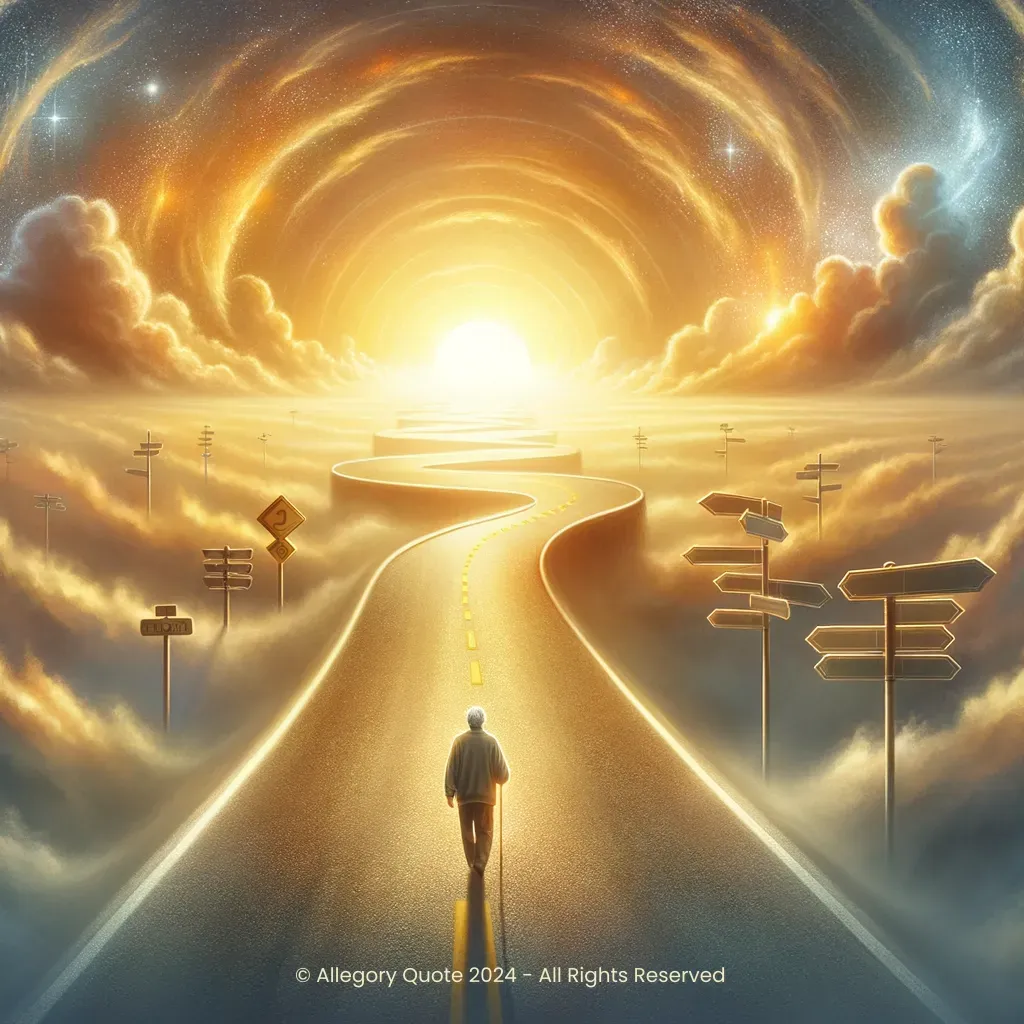
0
0
0
0
- Meaning
- The phrase suggests a strong belief in destiny, implying that certain events or outcomes are meant to happen in life. It ties closely to philosophical discussions around determinism, the idea that all events are predetermined and inevitable. This perspective can provoke questions about free will and the extent to which our actions shape our futures versus a preordained path.
- Allegory
- The winding road represents the journey of life, illustrating that destiny unfolds with every step taken. The luminous horizon symbolizes hope and future potential, while the signposts denote significant choices that lead to inevitable outcomes. The warm colors evoke feelings of optimism and positivity, reinforcing the phrase's message of embracing one's destiny.
- Applicability
- The phrase can be applied to personal life by encouraging individuals to embrace their journey, affirming that they are on the right path and that their choices will lead them to their ultimate purpose. It can also serve as a source of hope in challenging times, suggesting that there is a greater plan at play.
- Impact
- The phrase contributes to cultural narratives around destiny and future potential, often quoted in motivational speeches, films, and literary works that highlight the significance of believing in one's journey. It resonates particularly with audiences experiencing transitions or pursuing their dreams.
- Historical Context
- The specific historical context of the phrase is unclear, but concepts of destiny have existed since ancient times, prominently featured in philosophies of various cultures, including Greek and Roman traditions. These cultures wrestled with the idea of fate versus free will, making this phrase relatable to historical debates that continue today.
- Criticisms
- Criticisms of the concept of destiny suggest it can lead to fatalism, where individuals may feel powerless to change their lives. Arguments against the phrase may highlight the importance of agency and personal responsibility in shaping one's path, contrasting the idea that everything is predetermined.
- Variations
- Variations of this phrase can be found in different cultures, reflecting similar beliefs in fate and destiny, such as the Chinese proverb, "The journey is the reward," emphasizing the importance of the path we take rather than just the destination.
-
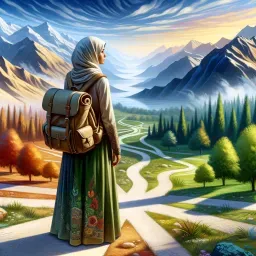
I think it’s time for a new adventure.
-

You have to try. You have to care.
-
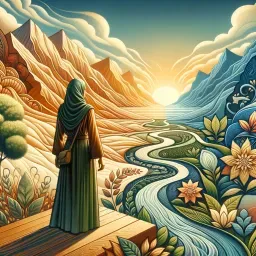
Venture outside your comfort zone. The rewards are worth it.
-
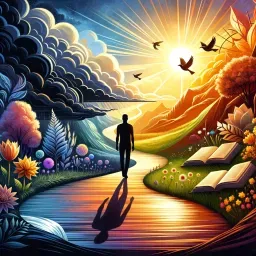
Oh yes, the past can hurt.
-
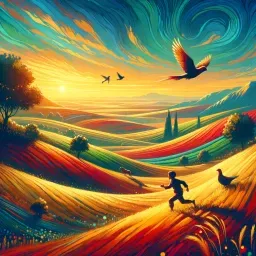
There’s a great big hunk of world down there with no fence around it.
-
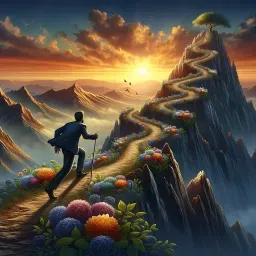
The only way to get what you want in this world is through hard work.
-
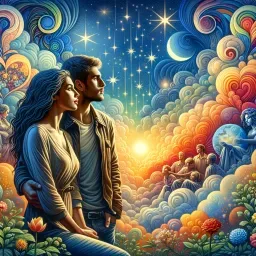
You were my new dream.
-
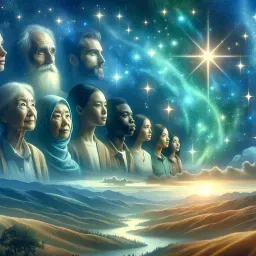
When you wish upon a star, makes no difference who you are.
-
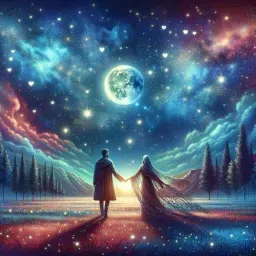
Take her to the moon for me.
-
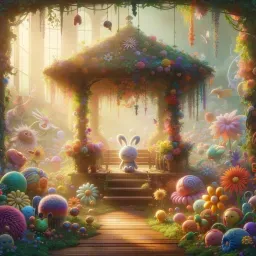
I’ve been hiding under your porch because I love you.
No Comments